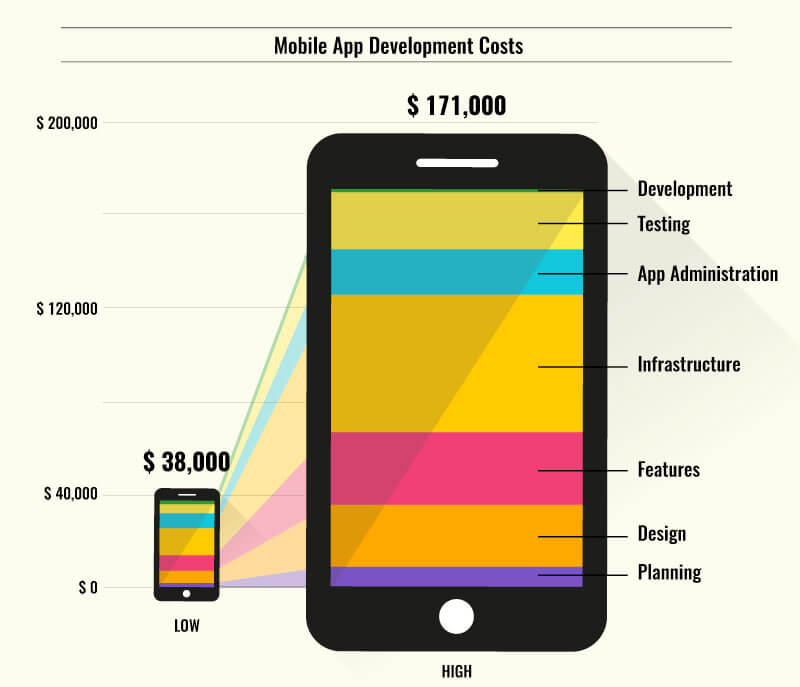So you’ve recently developed your own app and now you’re wondering just how much money you can make from it. Well, in this article, we’ll explore the potential financial gains of owning an app. From advertisement revenue to in-app purchases, there are various ways you can monetize your app and generate income. Whether you’re a seasoned developer or a newbie in the app industry, understanding the potential pay of owning an app can help you decide whether it’s a lucrative venture worth pursuing. So, let’s delve into the world of app ownership and see how much it can really pay off.
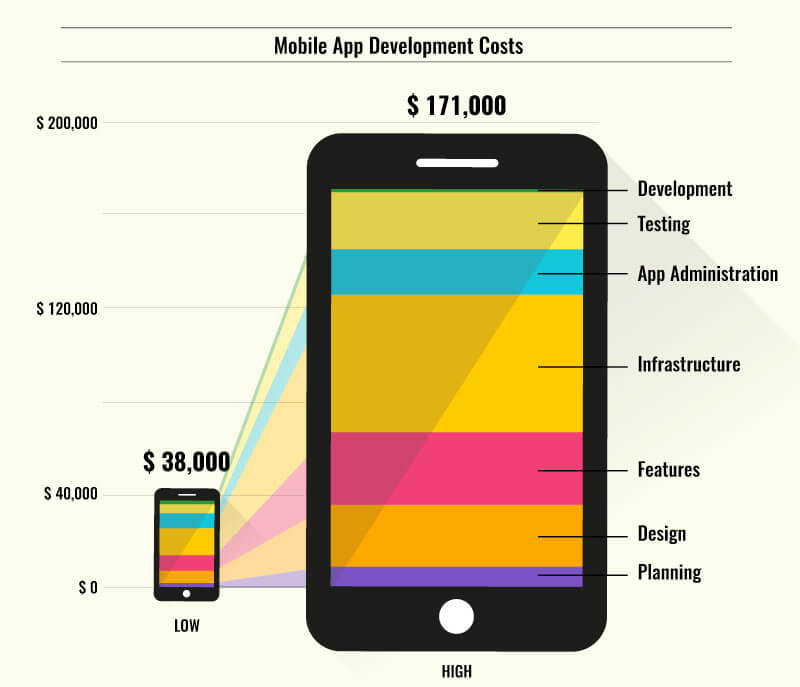
This image is property of pixelrocketapps.com.
App Ownership and its Financial Benefits
Have you ever wondered how much app owners can earn from their creations? Well, app ownership can be a lucrative venture, offering various financial benefits to those who are willing to invest their time, energy, and resources into developing and maintaining a successful app. In this article, we will explore the different ways in which apps generate revenue, the various income sources available to app owners, as well as the factors that can influence their earnings.
1. Revenue Generation
In-App Purchases
One of the primary revenue streams for app owners is through in-app purchases. These are transactions made within the app itself, where users can buy virtual goods, additional features, or premium content. Offering enticing in-app purchases can be an effective strategy for generating revenue, especially if the app provides an immersive experience or offers valuable resources to users.
Advertising Revenue
Another common method of revenue generation is through advertising. App owners can monetize their apps by displaying ads within the app’s interface. These ads can come in various forms, such as banner ads, interstitial ads, or even video ads. By partnering with ad networks or advertisers directly, app owners can earn money from each ad impression or click generated by their users.
Subscription Model
For certain types of apps, implementing a subscription model can be a fruitful revenue generation strategy. This model allows users to access premium features or exclusive content by paying a recurring fee on a monthly, quarterly, or annual basis. Subscriptions can provide a steady stream of income for app owners, especially if they offer valuable services or regularly update their app with new features.
Freemium Model
The freemium model is a hybrid approach that combines both free and premium elements within an app. App owners offer a basic version of their app for free, enticing users to download and try it out. However, they also provide advanced features or exclusive content that can be unlocked through in-app purchases or subscriptions. This model allows for a larger user base, while still providing opportunities for revenue generation through upselling premium offerings.
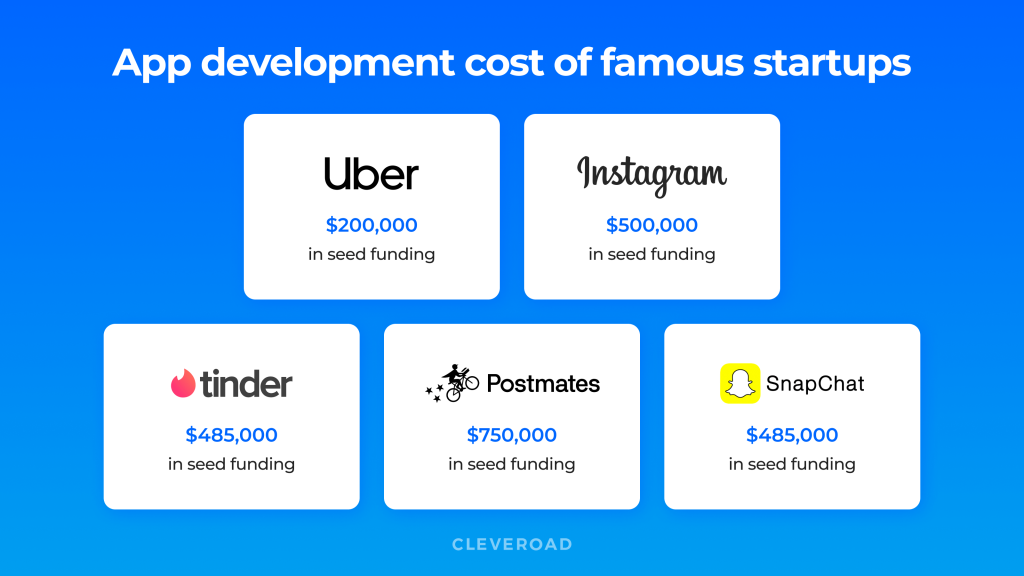
This image is property of www.cleveroad.com.
2. Income Sources
App Downloads
The number of app downloads plays a significant role in determining the income potential of an app. More downloads generally increase the chances of generating revenue, especially in the case of apps that rely on in-app purchases or advertising. App owners can optimize their app store presence, enhance their app’s visibility, and employ effective marketing strategies to increase downloads and maximize their income potential.
User Engagement
Engaging users and encouraging them to spend more time within the app can also contribute to increased income. Higher user engagement translates to more opportunities for in-app purchases, ad impressions, or subscription renewals. App owners can achieve better user engagement by offering compelling content, implementing gamification elements, and ensuring a seamless user experience.
App Monetization Strategies
The success of an app’s income generation is heavily influenced by the monetization strategies employed by its owner. Besides the revenue streams mentioned earlier, app owners can also explore additional sources such as sponsored content, partnerships with other apps or brands, affiliate marketing, or even creating a merchandise line related to the app. By diversifying their income sources, app owners can increase their overall earnings.
3. Factors Influencing Earnings
App Category
The category to which an app belongs can significantly impact its earning potential. While some categories, such as gaming or entertainment, tend to attract a large user base and generate higher revenue, others may have a more niche audience or limited opportunities for monetization. App owners should carefully consider the category they choose to develop their app in, understanding the competition and the target market’s spending habits.
Market Saturation
The level of market saturation within a specific app category can also affect the earning potential of app owners. Highly saturated markets may lead to intense competition, making it more challenging for an app to stand out and attract users. On the other hand, entering a less saturated market could offer more opportunities for app owners to capture a larger share of users and generate higher revenue.
Platform Selection
Another influential factor is the platform on which the app is developed and made available. Each platform, such as iOS or Android, has its own user base, market dynamics, and app store policies. App owners should carefully analyze their target audience and consider the platform that best aligns with their goals and potential revenue opportunities.
App Quality and Performance
The quality and performance of an app play a crucial role in determining its earning potential. Users are more likely to engage with and spend money on apps that offer a smooth, bug-free experience. App owners should invest in thorough testing and ensure regular updates to maintain app performance and address any user-reported issues promptly.
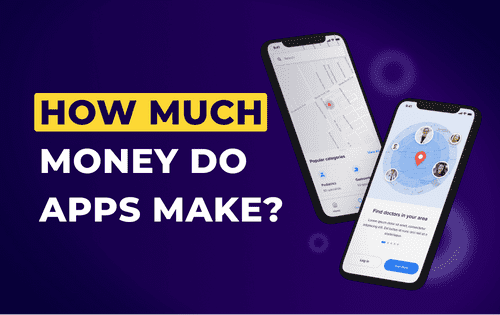
This image is property of mcro.tech.
App Valuation and Potential Returns
Once an app is established and generating revenue, app owners may be curious about the valuation of their app and its potential returns. Understanding these aspects can provide valuable insights into the overall worth of the app and its long-term earning potential.
4. App Valuation Methods
Several methods can be used to determine the valuation of an app:
Income Multiplier Method
The income multiplier method values an app based on its current revenue or profit and multiplies it by a predetermined factor specific to the industry or app category. The resulting value represents the estimated worth of the app based on its income-generating potential.
Customer Acquisition Cost (CAC) Method
The CAC method calculates the app’s value based on the cost app owners incurred to acquire each user. By multiplying the average customer acquisition cost by the number of current users, app owners can estimate the value of their app.
Discounted Cash Flow (DCF) Method
The DCF method takes into account the projected future cash flows of the app and discounts them to calculate the present value. This method considers the expected revenues and expenses over a specified period, factoring in the time value of money and potential risk associated with future earnings.
5. Success Stories of Lucrative Apps
Various success stories of highly profitable apps inspire and motivate aspiring app owners in their pursuit of financial success. Let’s take a look at a few notable examples:
Flappy Bird
Flappy Bird, a simple yet addictive game developed by Dong Nguyen in 2013, gained incredible popularity and generated substantial revenue through in-app ads. At its peak, the app was reportedly earning around $50,000 per day.
Candy Crush Saga
Candy Crush Saga, developed by King, is a match-three puzzle game that has become a global sensation. The app’s freemium model, in-app purchases, and strategic advertising partnerships have contributed to its immense financial success, with estimated earnings of over $1 billion.
Pokémon GO
Pokémon GO, developed by Niantic, took the world by storm in 2016, introducing augmented reality to a wide audience. With in-app purchases and partnerships with both local businesses and sponsors, the app generated an astonishing $1.8 billion in revenue within the first two years of its launch.
6. Long-Term Earning Potential
Building an app with long-term earning potential requires a strategic approach and continuous effort. Here are some factors that can contribute to sustained income generation:
Addictive Gameplay and User Retention
Creating an app with addictive gameplay and high user retention rates can lead to prolonged income generation. App owners should focus on keeping users engaged, offering regular updates, and providing fresh content to prevent user attrition.
Expanding to Other Platforms
Expanding an app to other platforms, such as launching on both iOS and Android, can significantly broaden the user base and revenue potential. By reaching a wider audience, app owners can increase downloads, user engagement, and ultimately, the app’s earning potential.
App Updates and Monetization Opportunities
Regularly updating the app with new features, content, or improvements provides opportunities for monetization. App owners can introduce new in-app purchases, premium subscriptions, or advertising options to capitalize on the app’s growing user base and retain their interest.
Challenges and Considerations
While app ownership can offer immense financial benefits, it is essential to consider the challenges and associated costs that come with developing and maintaining a successful app.
Competitive Market
The app market is highly competitive, with millions of apps available across various categories. App owners need to carefully research and identify unique selling points to differentiate their app from the competition, ensuring it stands out and attracts users.
Development and Maintenance Costs
Developing and maintaining an app requires significant upfront investment and ongoing expenses. From hiring skilled developers to cover design and development costs to hosting, server maintenance, and regular updates, app owners must consider these financial requirements.
Marketing and User Acquisition
Promoting an app and acquiring a substantial user base can be a costly endeavor. App owners should allocate a budget for marketing initiatives, including online advertising, social media campaigns, influencer marketing, and app store optimization to improve visibility and increase downloads.
User Feedback and App Improvements
Listening to user feedback and continuously improving the app is critical for long-term success. App owners need to invest time and effort in addressing user suggestions, fixing bugs, and adding new features to enhance the overall user experience. Taking user feedback into consideration improves app ratings and reviews, leading to increased user adoption and potential revenue growth.
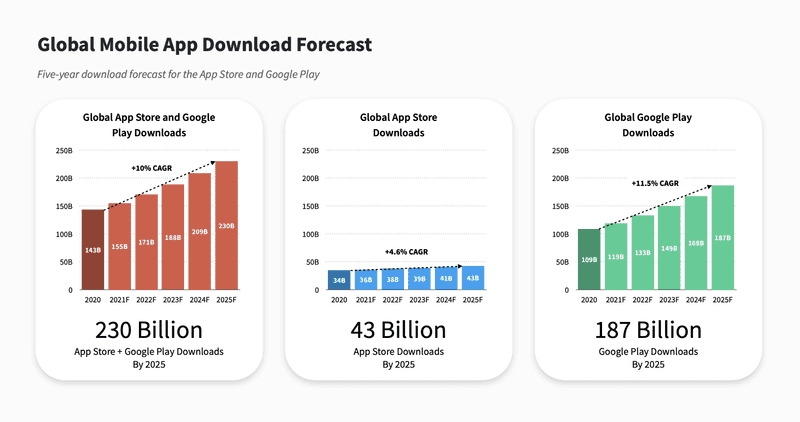
This image is property of mcro.tech.
10. User Feedback and App Improvements
Importance of User Feedback
User feedback is invaluable in improving app performance, identifying areas for enhancement, and addressing user concerns. App owners should actively encourage users to provide feedback through in-app surveys, feedback forms, or social media channels. Analyzing and acting upon user feedback helps app owners maintain user satisfaction and loyalty.
Continuous Improvement and User Retention
App owners should strive for continuous improvement by incorporating user feedback into regular app updates. By addressing user concerns, fixing bugs, and adding new features, app owners can enhance user satisfaction and retention. Establishing a feedback loop with users creates a sense of being heard, which can contribute to long-term app success.
Increasing App Ratings and Reviews
Positive ratings and reviews play a significant role in app discoverability and user trust. App owners should actively encourage users to leave reviews and ratings, and respond to them promptly. By maintaining a high average rating and positive reviews, app owners can attract more users and increase the potential for app downloads and revenue.
In conclusion, app ownership can offer substantial financial benefits, provided app owners employ effective revenue generation strategies, tap into diverse income sources, and consider critical factors influencing earnings. From in-app purchases and advertising revenue to subscription and freemium models, app owners have a range of options to monetize their apps. By choosing the right category, analyzing market saturation, selecting the appropriate platform, and prioritizing app quality, app owners can enhance their earning potential. Understanding app valuation methods, learning from success stories, and considering long-term earning potential can provide valuable insights for app owners. However, it is essential to remain mindful of the challenges and costs associated with app ownership, such as a competitive market, development and maintenance expenses, marketing and user acquisition efforts, and the importance of user feedback and continuous improvement. With careful planning, diligent execution, and ongoing dedication, app owners can unlock the financial benefits of app ownership and potentially build a successful and profitable venture.
